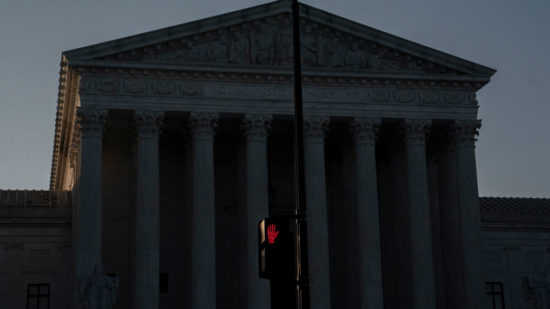What did the Court decide?
The United States Supreme Court resolved a split among the federal appeals courts on the question of whether private international arbitration tribunals can be considered to be either “foreign” or “international” tribunals for purposes of a federal statute, 28 U.S.C. § 1782, which permits discovery from persons located in the U.S. “for use in a foreign or international tribunal.”
In a unanimous opinion, the Court held this month in ZF Automotive, that the phrases “foreign tribunal” and “international tribunal” do not refer to private international arbitration tribunals.
Why does it matter?
U.S. companies and persons are no longer under the threat of having to comply with invasive and burdensome discovery requests related to international arbitration. Prior to this decision, not only could a party to an ongoing arbitration seek discovery in the U.S., but some federal courts allowed a party merely considering whether to initiate an international arbitration to obtain discovery from any U.S. entity or person. The flip side is that those U.S. companies faced with international arbitration as a required remedy have lost a tool that sometimes allowed broader discovery in the U.S. courts than was allowed in the international arbitration proceeding.
As a result, prior to the Court’s decision in ZF Automotive, any designer, supplier, manufacturer, contractor, or indeed any person who engages in international trade or projects could have been forced to produce documents and submit to depositions even though their foreign counterparts were not subject to the same requirement under most international arbitration rules.
The Supreme Court has closed this door. U.S. parties will no longer be subject to more burdensome discovery than foreign parties and will not be required to produce documents or give testimony to aid a private foreign tribunal under the federal statute 28 U.S.C. § 1782.
